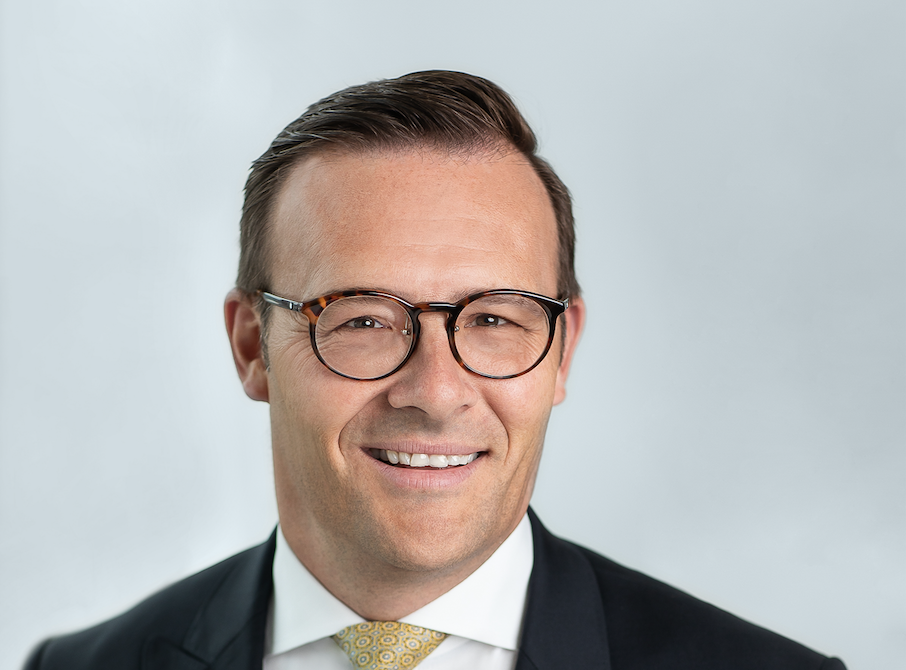Support strong Canadian climate journalism for 2025
Every month, the news cycle about the relative strength of the Canadian economy rests on a measure that most business and civic leaders have come to accept as gospel, believing this indicator stands above all else in tracking economic development.
As a broad measurement of a nation’s overall economic activity, Gross Domestic Product (GDP) serves an important purpose, but neglects to take into account other factors that directly impact quality of life and standard of living.
While we all recognize GDP was not designed to measure well-being, there is a crying need for a new model to emerge – one that will track quality of life and the preservation of physical, natural, human and social capital that is essential to the sustainability of well-being.
At Desjardins, we look at things through a different lens, guided by the unwavering belief that economic development should support social progress.
They go hand in hand. One makes the other possible.
So we commissioned a study to look at progress outside the reach of traditional performance measurement tools. Our team of economists looked at statistical evidence around post-secondary graduation rates, R&D spending, income disparity, household savings rates, and many other factors which provide a more holistic view of what makes a truly positive impact on our society.
Quality of life, standard of living, level of education, clean air and water... it all matters. And it should be part of a “report card” that we collectively need to hold ourselves accountable for.
That’s the vision that we, at Desjardins, want to get behind. A vision for responsible and equitable development, driven by a business model that is rooted in social justice.
Because prosperity shouldn’t be the exclusive domain of a few, but a right for all.
However, the form of capitalism that has been allowed to go uncontested in recent decades has caused significant collateral damage.
Around the world, we’re seeing the backlash against economic liberalism, big business and government. For many people, their jobs have been eliminated, offshored or replaced by machines.
Wealth inequality breeds social tension, division, exclusion and instability.
If we turn a blind eye to it, we’ll only perpetuate the frustration and dissatisfaction felt by this growing segment of the population. And that could lead us down a dangerous path.
At Desjardins, we believe in the power of cooperation.
We believe that a more egalitarian society that is supportive of those in need is more likely to foster trust in institutions, create a collective sense of security, spur citizen participation, encourage young people to take up the mantle, and motivate people to get the skills they need to be productive members of society.
That means supporting inclusive growth and shared prosperity.
We live in a hyper-connected digital world. We also live in the same physical world – one that is under threat. We’re more interdependent than ever, and we need to talk and work together more than ever.
The road ahead won’t be easy. Harmony between economic and social progress is a delicate balancing act – and the viability of our economic system depends on businesses taking on a larger socioeconomic role.
They say the true test of leadership is what you do when no one’s watching.
Well, the stakes are much higher now.
Everyone’s watching. Let’s make every action count.





Comments
While your intentions are admirable, the efforts in your study seem to all be predicated on the fallacy of perpetual growth. Several academics including Peter Victor and Herman Daly have been working on models relieved of this unrealistic assumption fundamental to most economic theory. For an approachable read (and TED talks for the main ideas) check out "Donut Economics" by Kate Raworth. Until you set your goal to be some definition of humanity thriving (independent of perpetual economic growth) the outcomes will never be truly sustainable, only more sustainable than the status quo (and that is not good enough now that climate change is upon us).
Second, focussing on STEM (science, technology, engineering, and math) enrollments only projects to short term inputs to economics. Given the increasing vitriol and partisan zealotry in public discourse (which has been amplified, rather than informed and dissipated, by technology), I think it is time to recognize that the persistent difficult problems of society (e.g. culture, history, sociology, philosophy, ethics) are addressed not by STEM graduates, but by people with broad life experience or a broad education in the humanities. Perhaps you should try to quantify and empower those people. "Human salvation lies in the hands of the creatively maladjusted" (Dr. Martin Luther King Jr.), not in the precision-crafted gears of the economic engine.